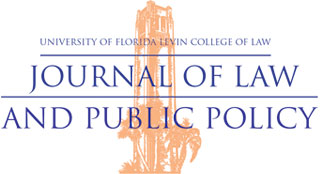
Abstract
Schools increasingly use virtual courses in lieu of traditional classroom instruction to save money. Generally, virtual courses consist of a child clicking through virtual modules independently, without social interaction or the support of a fully licensed teacher. However, most disabilities serviced under the Individuals with Disabilities Education Act (IDEA) involve a complex interplay of socio-emotional, behavioral, and cognitive deficits. Often, the primary needs of the student are socioemotional and functional in nature, with purely academic needs being secondary. Under the Supreme Court’s decision in Endrew F. ex rel. Joseph F. v. Douglas County School District RE-1, schools must holistically consider students’ individual needs and ensure their Individualized Education Program (IEP) enables them to progress year-to-year. Without the traditional classroom model, most students with disabilities lack support for their primary needs. This Article argues that for most students with disabilities, a virtual education model would violate the IDEA.
Recommended Citation
Pickles, Meaghan
(2023)
"Why Replacing Traditional Instruction with Virtual Learning Violates the Idea,"
University of Florida Journal of Law & Public Policy: Vol. 34:
Iss.
1, Article 1.
Available at:
https://scholarship.law.ufl.edu/jlpp/vol34/iss1/1